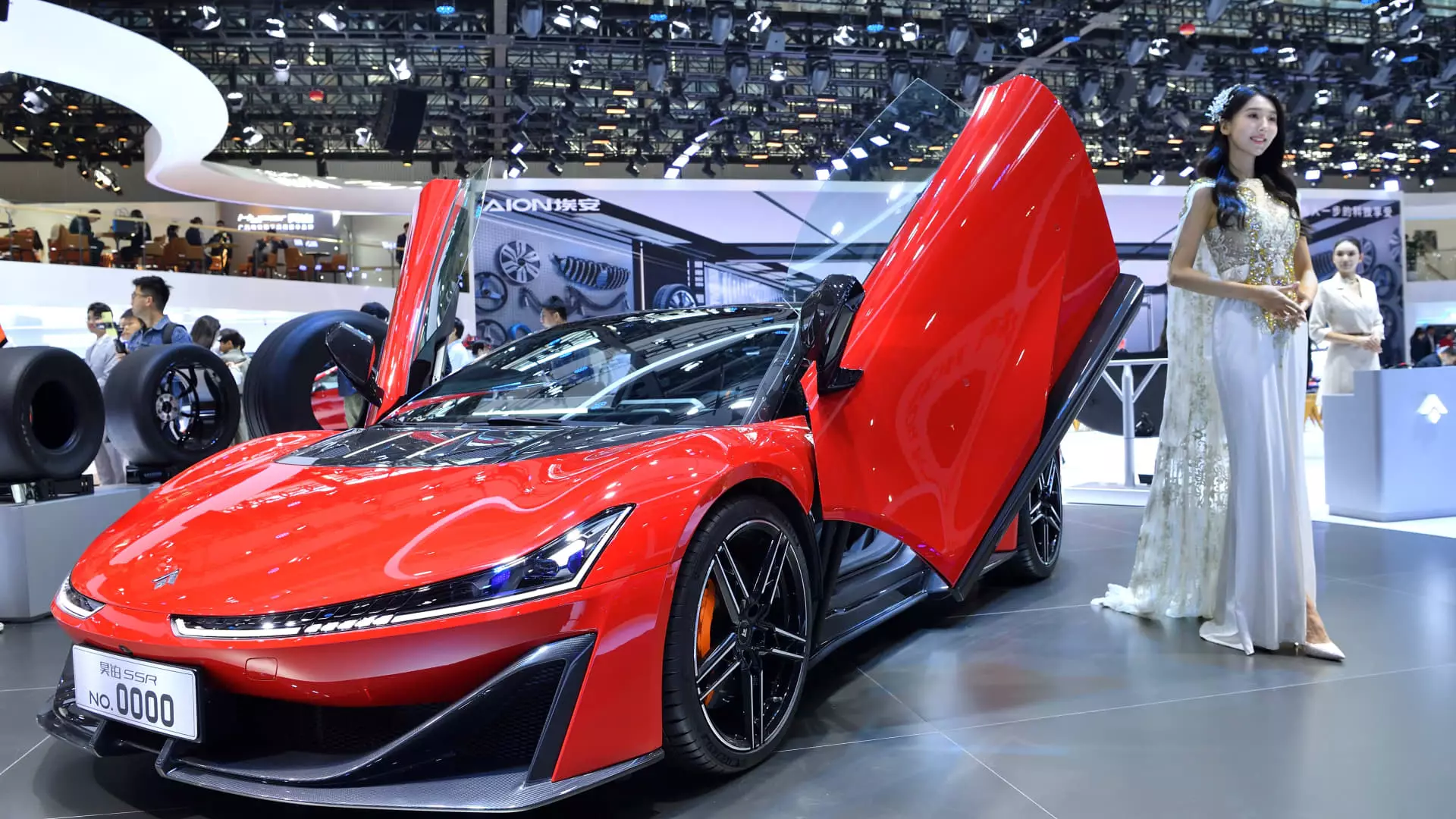China has recently expressed its dissatisfaction with the European Union’s decision to impose provisional tariffs on Chinese electric vehicles. The disagreement emerged after China’s Commerce Minister Wang Wentao and Valdis Dombrovskis, the Executive Vice President of the European Commission, agreed to initiate new discussions on the matter. The crux of the issue lies in the EU’s anti-subsidy investigation into Chinese EVs, prompting China to call for the revocation of the tariff decision by July 4.
The imposition of provisional duties, ranging up to 38.1%, on Chinese EV imports by the EU could have significant economic repercussions for both parties. With a standard 10% duty already in place on imported EVs, the additional tariffs threaten to disrupt the economic and trade cooperation between China and the EU. Experts have warned that failure to resolve the situation may lead to retaliatory measures from China, resulting in losses for both sides.
China has vehemently opposed the tariffs, denouncing them as “blatant protectionism” that could potentially violate World Trade Organization (WTO) rules. The Chinese Ministry of Commerce issued a statement on June 14, expressing strong disapproval of the EU’s actions. Moreover, a Chinese official criticized the EU’s investigation into Chinese EVs as being overly selective and questioned the credibility of the results.
The Path Forward
In light of the escalating tensions, it is imperative for both China and the European Union to engage in meaningful dialogue to find a mutually beneficial solution. China’s insistence on adhering to WTO rules reflects its commitment to a rules-based international trade framework. Similarly, the EU must consider the broader implications of its tariff decision on Chinese EVs and work towards a resolution that preserves the economic interests of both parties.
As China pushes for the EU to retract its decision on provisional tariffs, the outcome of the ongoing discussions remains uncertain. The stakes are high, given the substantial economic ties between China and the EU. Both sides have a vested interest in resolving the dispute amicably to avoid further escalation and potential trade disruptions. Ultimately, the resolution of this issue will test the resilience of the economic partnership between China and the European Union.


Leave a Reply